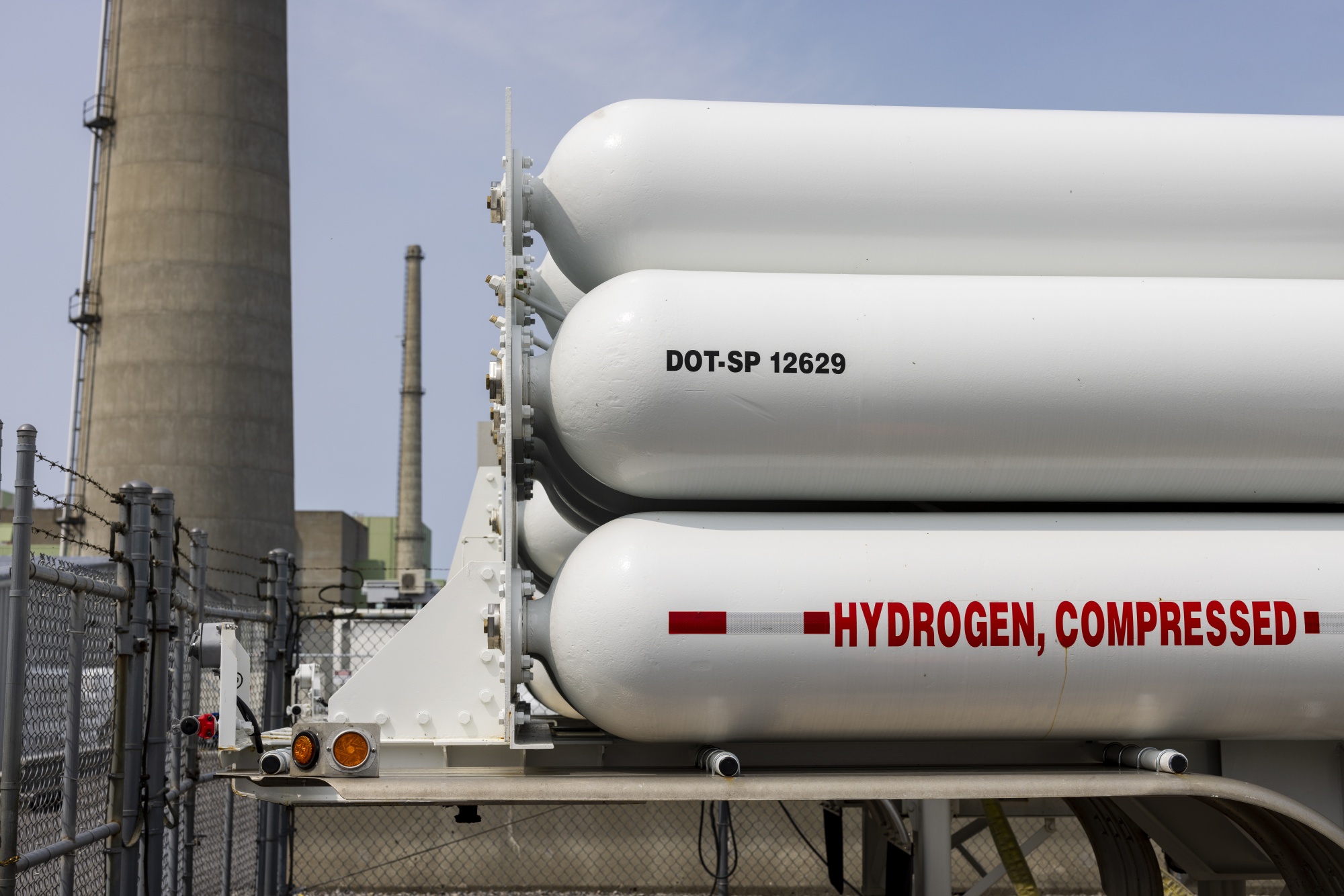
The US, Europe and China will dominate global supply of low-carbon hydrogen by the end of the decade, driven by strong regulatory support and ambitious growth targets, according to BloombergNEF.
By 2030, the three markets will account for 80% of global output of clean hydrogen, the production of which reduces or captures greenhouse gas emissions. Annual supply is expected to jump 30-fold to 16.4 million tons, BNEF said in its Hydrogen Supply Outlook.
The US is forecast to account for 37% of low-carbon hydrogen production by 2030, followed by Europe and China on 24% and 19%, respectively, thanks to strong domestic policy support, including tax credits and subsidies, BNEF said.
The UK, Netherlands, Spain and Portugal will make up the majority of production in Europe. But China’s supply pipeline remains hard to monitor because of a lack of visibility on the government’s projects and targets, according to the report.
Hydrogen has been used for decades in industries like oil refining and chemicals, with nearly all of it produced using natural gas or coal, dubbed gray hydrogen. By contrast, green hydrogen is produced by splitting water using electricity from renewable sources, and is considered a zero-emissions fuel, while blue hydrogen is made from fossil fuels but paired with carbon capture and storage.
Demand for all types of hydrogen is expected to quadruple to 390 million tons by 2050, according to BNEF’s New Energy Outlook published earlier this week, with industries like iron and steel, aviation, and shipping accounting for a growing share. The forecast was made under a net zero emissions scenario, where global warming is limited to 1.5 degrees above pre-industrial levels, as called for in the Paris Agreement.
Around 95 gigawatts of electrolyzers could become operational by the end of 2030, almost 10 times the capacity that is already approved today. This method is likely to account for almost all production in Asia Pacific this decade. But it’s blue hydrogen that will make up most of the supply from bigger producers like the US and UK, BNEF said.
Share This:




